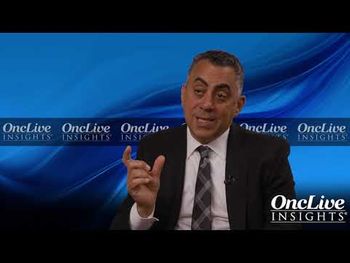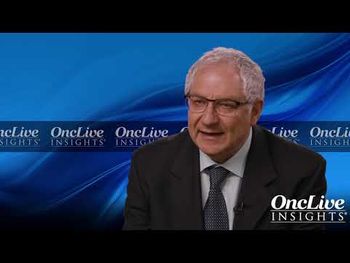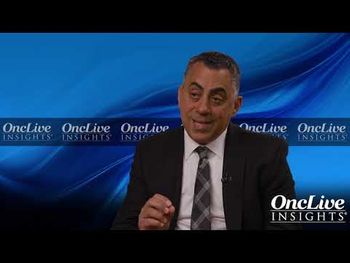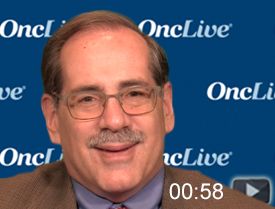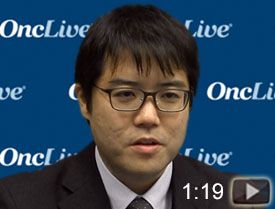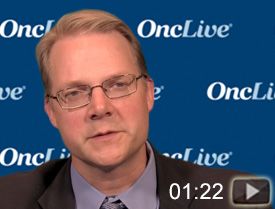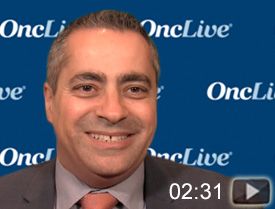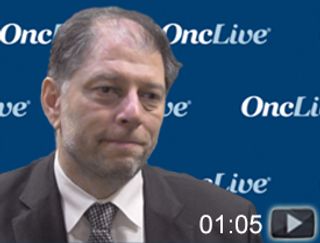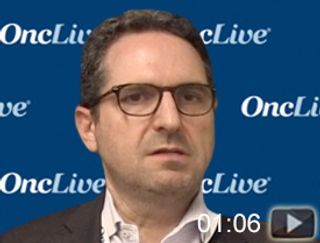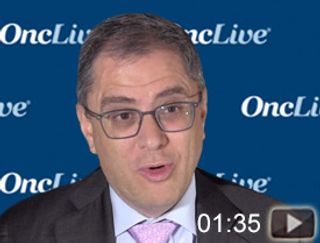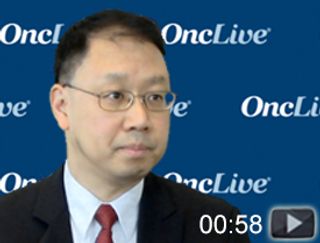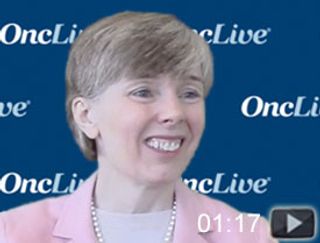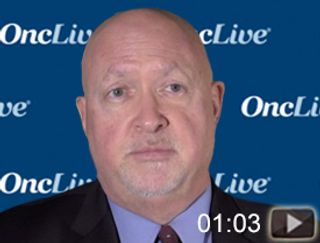
Gastrointestinal Cancer
Latest News

Latest Videos

CME Content
More News

The combination of regorafenib and nivolumab will be compared with regorafenib alone in a phase III trial of patients with microsatellite stable colorectal cancer, following encouraging phase Ib findings of the REGONIVO study.
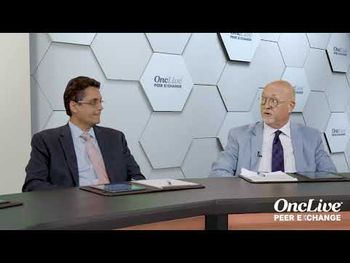

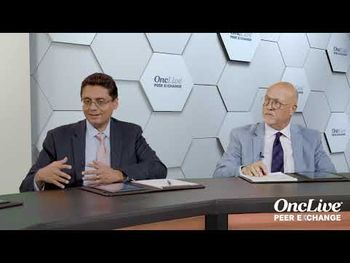
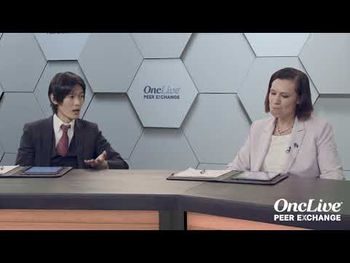
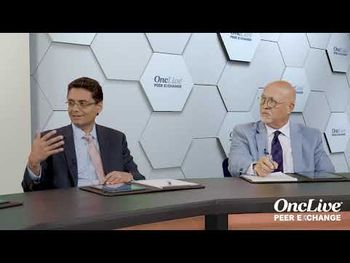
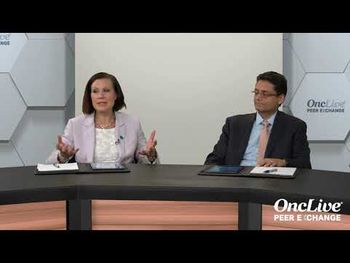
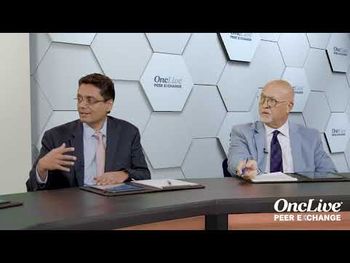
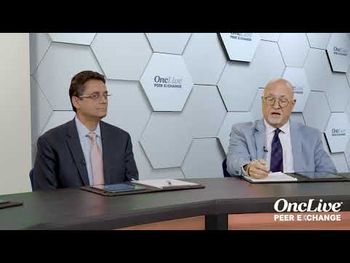
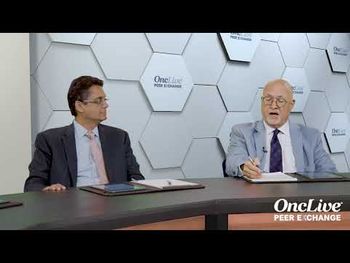
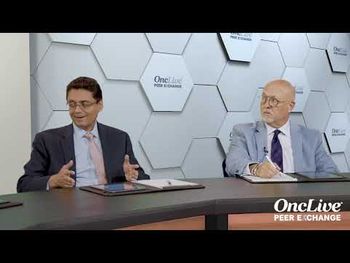
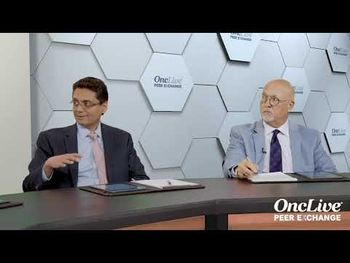

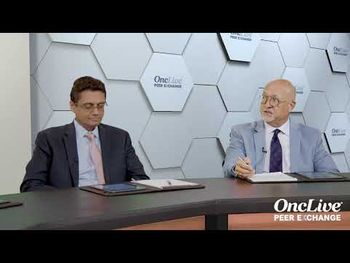
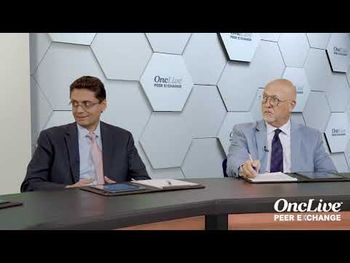
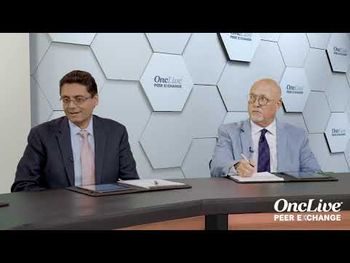
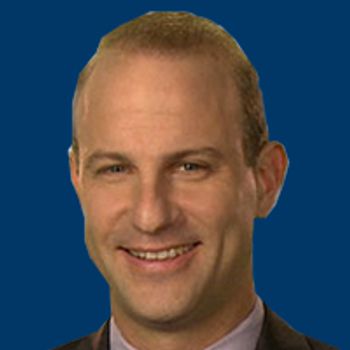
During an OncologyLive Peer Exchange, the panelists discuss some of the challenges they face when conducting molecular testing, including determining which patients to test, when to test, and how to test to ensure that no golden tickets, such as NTRK gene fusions, are missed. They also discuss the data surrounding TRK inhibitors and their experiences using these agents.
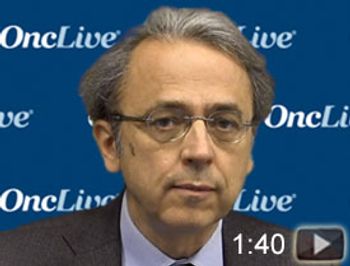
Josep M. Llovet, MD, PhD, discusses the REACH and REACH-2 trials, which examined ramucirumab versus placebo in sorafenib-intolerant patients with hepatocellular carcinoma and elevated baseline alpha fetoprotein.
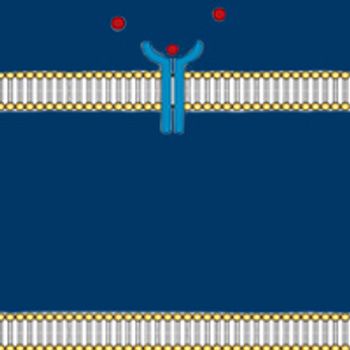
Now, investigators are combining BRAF inhibitors with other targeted therapies in an effort to establish a new chemotherapy-free standard in patients with metastatic colorectal cancer.
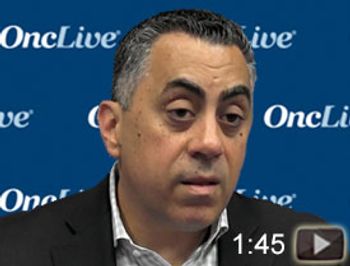
Tanios Bekaii-Saab, MD, FACP, discusses the clinical implications of the results of the phase III POLO trial in metastatic pancreatic cancer.
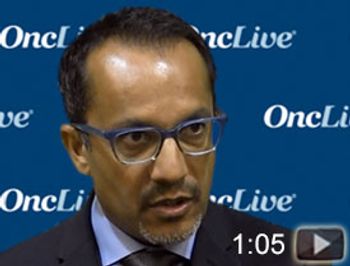
Gulam A. Manji, MD, PhD, discusses the role of finding biomarkers in patients with gastrointestinal cancers.

